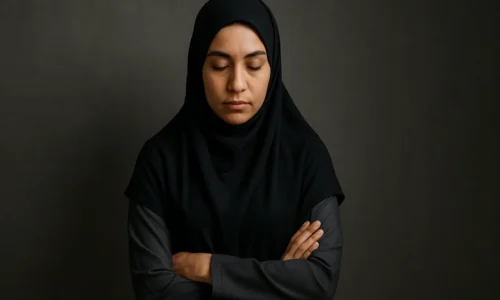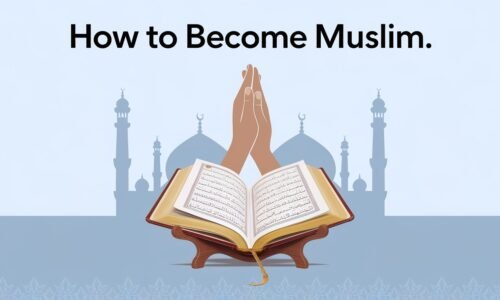Praise be to Allah
Polygyny in Islam
Marriage is an integral part of Islam. It is said that when a person gets married, he completes half of his religion. Islam has emphasized on the institution of marriage in crystal clear words. A man is permitted to marry up to four wives in Islam. This is called polygyny. However, where Islam allows polygyny, it has also laid great emphasis on some conditions under which this act becomes permissible. Even in today’s time marrying more than once can be a very controversial practice.
Islamic Reforms regarding Polygyny
The idea of polygyny was very common before the advent of Islam. It was often practiced without limits. Men would marry more than one wives without specific restrictions which would lead to injustice, chaos and exploitation of specific rights of women. This way relationships lacked mutual respect and honesty.
Even some other ancient cultures including the Romans and Greeks used to practice polygyny. The introduction of Islam brought up to various changes in this idea of polygyny. Islam locked the number of wives allowed to be four exact, calling for equal treatment and justice among all of them. This refinement of law brought about positive changes in the Muslim society. Now, the marriage was based off on respect rather than personal animosity.
Conditions of Polygyny in Islam
A Quranic verse in Surah An-Nisa states,
“And if you fear that you shall not be able to deal justly with the orphan girls, then marry (other) women of your choice, two or three, or four; but if you fear that you shall not be able to deal justly (with them), then only one…”
This verse explains how the Quran highlights the regulations a man should satisfy in order to marry more than once. Some of the conditions of polygyny include justice, financial responsibility and emotional fairness. A man should provide all his four wives with equal treatment, support and time.
He should be able to support all four of them financially. Other than that, it is also important for him to show emotional fairness towards all four of them. If a man fails to meet this criteria, he is discouraged from polygyny.
A great example of polygyny in Islam is that of the marriages of the Holy Prophet (peace be upon him). He married more than once but his marriages were based on mutual love and respect. He created the best example for the mankind to follow. Not only this, but his marriages also strengthened all associations with different tribes, provided security to widows and orphans and educated the Muslim society by creating a perfect example.
Benefits of Having Multiple Wives
Polygyny has various benefits in Islam. It gives protection to orphans and widows, contributes to the Muslim population growth and regulates marital relations by providing an alternative to unlawful relationships. However, as easy as it sounds polygyny has its own challenges.
No matter how much a man may try, he might not be able to free all four wives from personal jealousy or hatred if any arises after marriage by chance, he will have to support all four households which can be a pretty daunting task and at last the children may also need more parental attention in this case.
Where many people think Polygyny is necessary in Islam, it should be clarified that it is not a requirement. Islam has not mandated the idea of polygyny. Other than this, it does not rely on male superiority and is definitely not a free pass for men.
In conclusion, polygyny is only a conditional practice in Islam and is not obligatory. Its topic is still a matter of debate in the modern society. Islam ensures that polygyny is practiced in such a way that it does not harm anyone.










